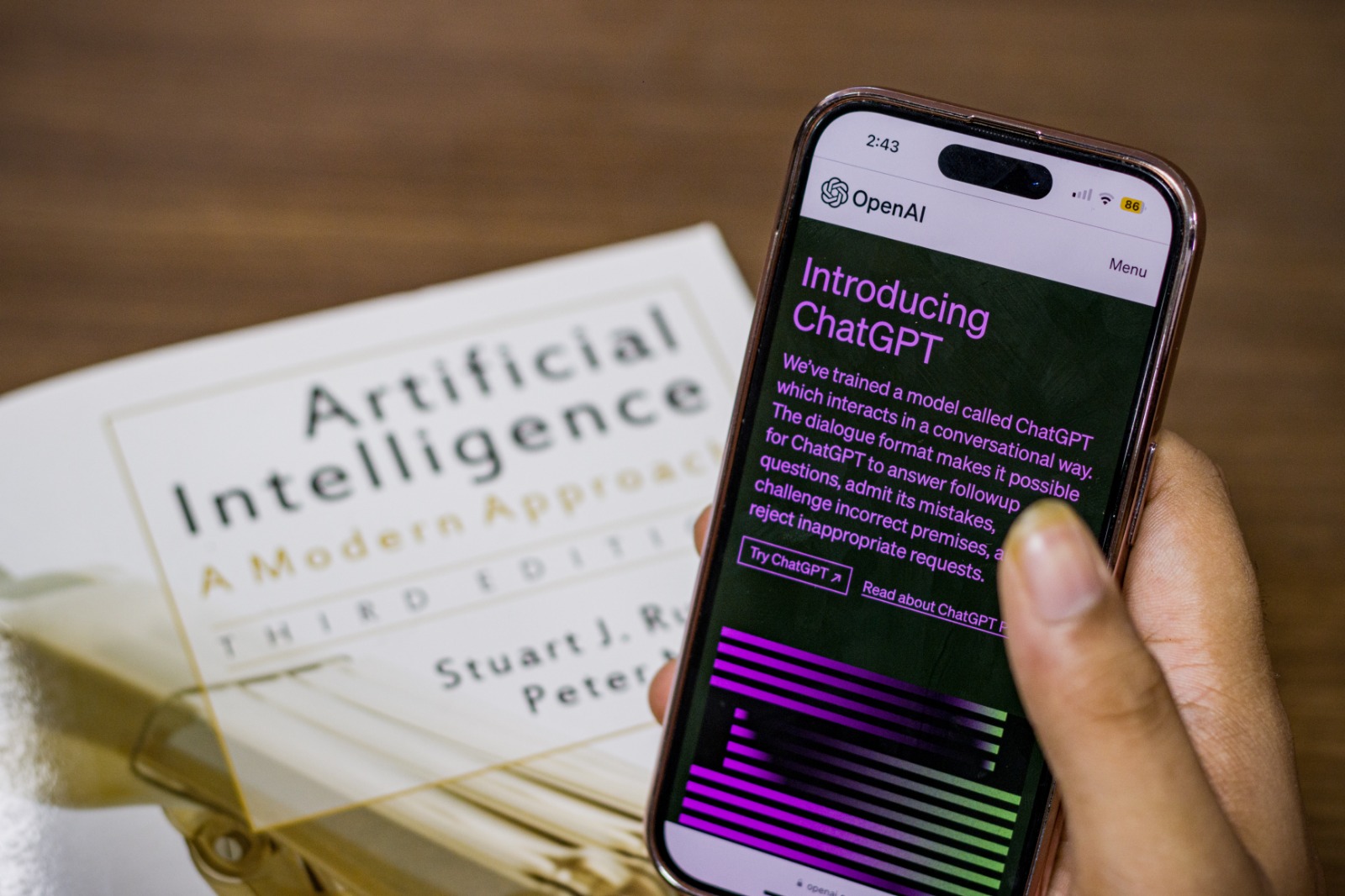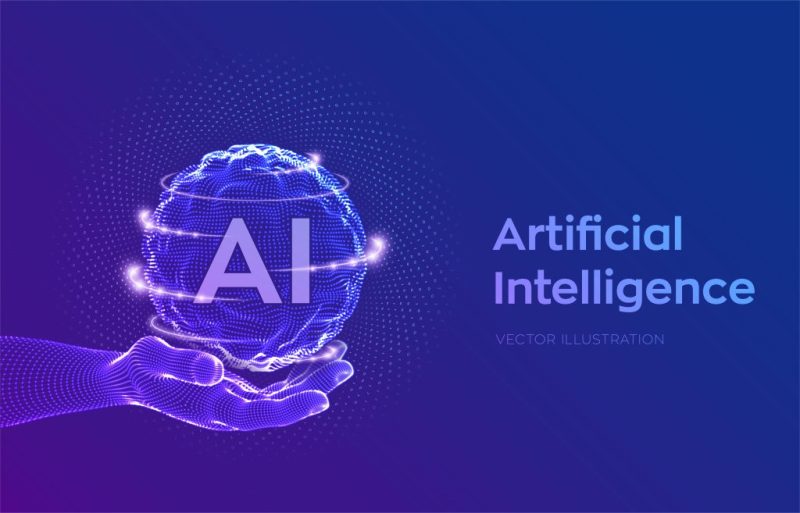Uncategorized
FUTURE AI AND DIGITAL MARKETING

FUTURE AI AND DIGITAL MARKETING
The future AI and digital marketing will result in substantial transformations and opportunities in the future. Here’s a more in-depth look at the future of AI and digital marketing:
WHAT IS ARTIFICIAL INTELLIGENCE? FUTURE AI AND DIGITAL MARKETING
Future AI and Digital Marketing is the foundation for simulating human intelligence processes by developing and deploying algorithms inside a dynamic computing environment. Simply described, AI is an attempt to make computers think and behave like humans.
Achieving this end requires three key components: FUTURE AI AND DIGITAL MARKETING
Computational systems
Data and data management
Advanced AI algorithms (code)
How did artificial intelligence originate? FUTURE AI and DIGITAL MARKETING
Humans have been attracted by the idea of constructing devices that imitate the human brain since at least the first century BCE.John McCarthy created the phrase “artificial intelligence” in 1955. McCarthy and colleagues organised the “Dartmouth Summer Research Project on Artificial Intelligence” conference in 1956. This beginning resulted in the development of machine learning, deep learning, predictive analytics, and, most recently, prescriptive analytics. It also gave rise to a completely new branch of study, data science.
Why is artificial intelligence important?
Today, the amount of data generated by humans and machines greatly outpaces humans’ ability to receive, comprehend, and make complicated decisions based on that data. Artificial intelligence is the foundation of all computer learning and the future of all complicated decision making.
Artificial intelligence use cases
Artificial intelligence (AI) has a wide range of applications across various industries. Here are some prominent use cases of AI:
- Virtual Assistants and Chatbots: AI-powered virtual assistants such as Apple’s Siri, Amazon’s Alexa, and chatbots provide automated customer service, answer enquiries, and conduct activities based on voice or text input.
- Natural Language Processing: AI enables machines to interpret and process human language. It powers applications such as voice recognition, sentiment analysis, language translation, and chatbot interactions.
- Image and video recognition: AI algorithms are capable of analysing and interpreting visual data. This technique is utilised in systems such as facial recognition, object identification, content moderation, autonomous cars, and medical imaging analysis.
- Fraud Detection and Cybersecurity: AI can detect fraudulent activity, unauthorised access attempts, and network attacks by identifying patterns and abnormalities in massive datasets. It improves security by detecting possible threats immediately and taking preventive measures.
- Smart Home Technology: Artificial intelligence (AI) powers smart home devices and systems, allowing users to operate appliances, lighting, security systems, and other devices via voice commands or automation. Google Home and Apple HomePod are two examples.
- Robotics and Automation: Artificial intelligence (AI) is utilised to improve efficiency, precision, and productivity in industrial automation, manufacturing processes, and robotics. AI approaches can be used to train robots to do complex tasks in a variety of industries.

HOW BENEFITS OF FUTURE AI AND DIGITAL MARKETING
- Improved Customer Insights: Artificial intelligence can analyse massive volumes of customer data, including as demographics, behaviours, preferences, and interactions, to deliver deep insights into customer segments.
- Advanced Data Analytics: AI algorithms can quickly and accurately process and analyse enormous amounts of data. This enables marketers to get actionable insights from large amounts of data, detect patterns, foresee trends, and make data-driven decisions to improve marketing plans and campaigns.
- Content development and Curation: Artificial intelligence can help in content development and curation. Based on established guidelines or using natural language generation techniques, it can generate written material such as produ ct descriptions or blog entries.
- Optimised Advertising: AI algorithms can optimise ad targeting and placement across numerous digital advertising platforms. AI can provide ads to the most relevant audiences by analysing user behaviour, interests, and demographics, boosting the likelihood of engagement and conversion.
- Improved SEO Strategies: AI can analyse search engine algorithms, user search habits, and website performance data to assist marketers in optimising their websites for search engines. AI-powered technologies can generate keyword suggestions, identify content gaps, and boost on-page SEO to improve search engine rankings and exposure.
- Enhanced Marketing Automation: AI-powered automation technologies can help to streamline marketing activities like as email marketing, lead nurturing, and campaign management. Marketers may save time, increase productivity, and focus on more strategic initiatives by automating repetitive procedures.
These AI benefits in digital marketing enable firms to provide more personalised and targeted experiences to clients, optimise marketing efforts, boost customer satisfaction, and generate better business outcomes.
DISADVANTAGE OF FUTURE AI AND DIGITAL MARKETING
- Privacy Concerns: AI relies on gathering and analysing vast volumes of data, which presents privacy concerns. Customers may be concerned about the usage of their personal information, resulting in trust concerns. To alleviate these worries, firms must handle data properly, obtain proper consent, and follow privacy standards.
- Ethical Considerations: AI algorithms may inadvertently perpetuate biases present in the data they are trained on. This can lead to discriminatory practices in areas such as ad targeting or recommendation systems.
- Dependence on Data Quality: In order to give accurate insights and predictions, AI largely relies on high-quality data. When the data utilised to train AI models is inadequate, biassed, or of poor quality, the results can be inaccurate and marketing efforts useless. Data quality and integrity are critical for AI-driven digital marketing effectiveness.
- Lack of Human Touch: While artificial intelligence (AI) may automate many processes and provide personalised experiences, some customers may still prefer human touch and personalised support.
- Cost and resource requirements: Implementing and maintaining AI systems can be costly, particularly for small organisations with limited resources.
While the drawbacks of artificial intelligence in digital marketing should be noted, many of these issues may be handled with good planning, ethical concerns, and continual monitoring and adaptation. To guarantee successful and responsible implementation, businesses must strike a balance between the benefits of AI and the need for human monitoring and involvement.
Hello world!
Welcome to WordPress. This is your first post. Edit or delete it, then start writing!
